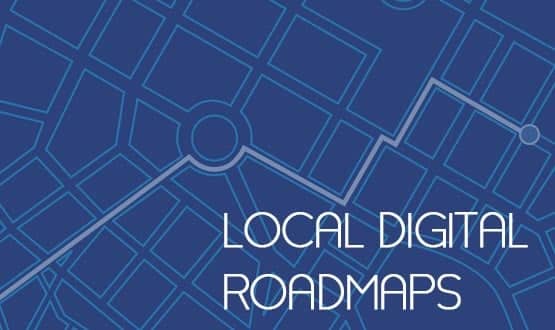Local digital roadmaps need big investment to work
- 5 September 2016

Local digital roadmap footprints are reliant on significant central funding to make their health IT vision a reality; money they have already been warned is in short supply.
A Digital Health News review of publicly available draft roadmaps reveals that without outside help, many footprints believe that NHS England’s paperless by 2020-21 goal is locally unachievable.
The proposed plans include electronic patient record systems deployments, wi-fi initiatives and summary care records; all improvements that come with a hefty price tag. The roadmaps suggest possible sources for funding, but indicate these pots are unlikely to be sufficient.
Potential targets for investments include the £1.8 billion Sustainability and Transformation Fund, the £900 million Estates and Technological Transformation Fund, the £1.8 billion Driving Digital Maturity Investment Fund and Vanguard funding.
While money is also expected to come from internal budgets, this will not be enough to cover projects proposed for digital transformation, the roadmaps argue.
For instance, Hampshire and Isle of Wight’s roadmap estimates that more than £100 million will be needed to realise its digital goals. This includes £20 million to support an EPR replacement at one trust and £10 million to help overhaul and modernise another hospital’s core technology platform. Its roadmap states that “there will be a significant gap between the investment needed and identified”.
Cheshire’s roadmap says that to have an EPR at scale, it needs sustainability and transformation, regional or national level funding. “Without funding at this level, it is unlikely that a local deployment of an EPR would be sufficiently robust to fulfil the ambitions around our digital future and compromise on the “going paperless” target.”
Wakefield’s roadmap acknowledges this shrinking pool of resources. “Competition for available resources, unless well managed, will restrict progress.”
The draft roadmaps, covering 89 geographical ‘footprints’, were submitted to NHS England by 30 June. They sit under 44 wider sustainability and transformation plans that are meant to outline how local health economies will generate £22 billion of efficiency savings to help close a projected funding gap of £30 billion by 2020-21.
Like the STPs, most roadmaps have not been made public but Digital Health News has seen 17 of the drafts. The draft STPs that have so far been made public have raised alarm about the radical change proposed, including hospital closures and using to telehealth to cut GP facetime.
The draft roadmaps seen by Digital Health News also outline funding needs for many systems, such as EPRs, that were meant to be deployed under the National Programme for IT, but never reached many trusts.
For instance, Hertfordshire’s roadmap sayd: “Information management and technology has been historically under‐invested in meaning the current infrastructure needs significant work before information management and technology can be appropriately leveraged”.
The 89 footprints are led by clinical commissioning groups, with the largest group in Greater Manchester containing 12 CCGs.
NHS England has yet to give a time frame for when the final local digital roadmaps will be released, but the STPs are expected to be made public from October.
Tomorrow we will be publishing a second local digital roadmap story, looking more closely at the technology and transformation that footprints say will be needed to become paperless by 2020-21.
READ MORE:
* Local digital roadmaps: a long way to go, not much time to get there
* Enter the CCG: on flying pig documents
* Local digital roadmaps delayed




